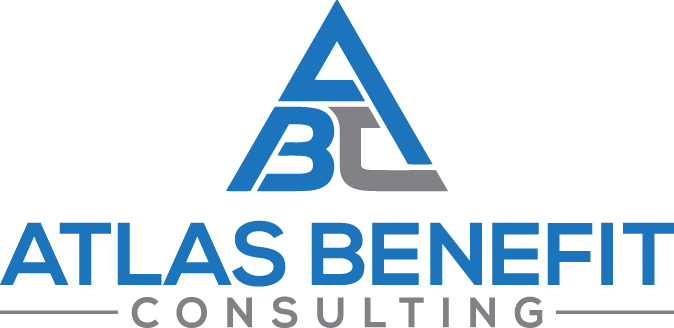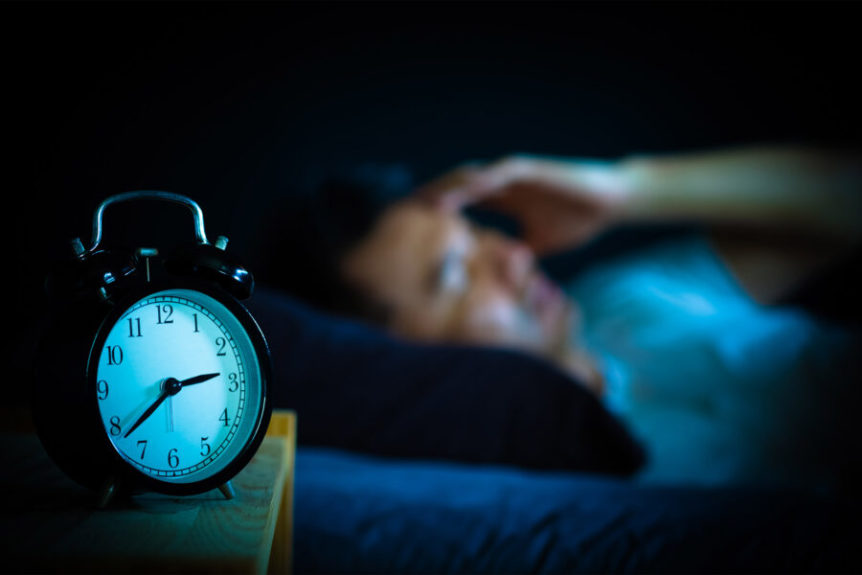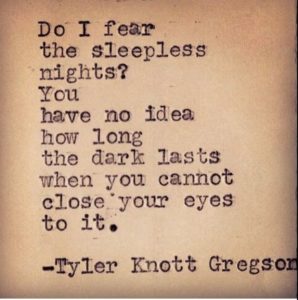
Pinterest public image
Veteran Insomnia
If 3 am is a regular visitor, you aren’t alone. Over 30% of the population experiences insomnia. Studies find that for veterans, the number is even higher. A study from the San Diego Department of Veteran Affairs followed over 5,500 post 9/11 veterans for 7 years. The results, published in June 2020, showed that 57% of the veterans had insomnia disorder. This percentage was pretty steady across different races, genders, ages, and military branches.
If a veteran suffers from PTSD, Traumatic Brain Injury (TBI) or chronic pain, that number increases even more, to 93%, 78%, and 70% respectively.
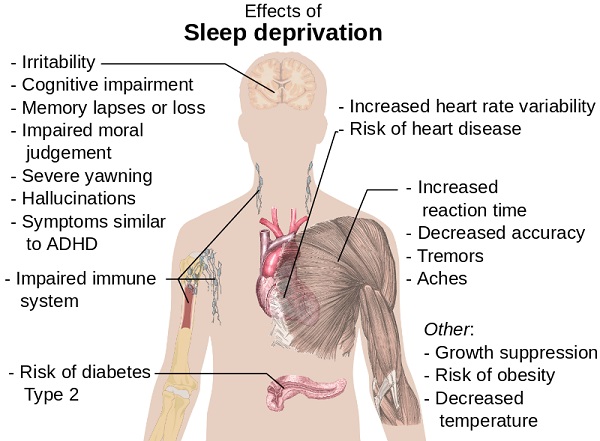
From Wikipedia “Sleep Debt”; visit for more info.
How Does Poor Sleep Affect You?
Good sleep is crucial for overall health. Mayo Clinic reports some of the possible medical complications from a lack of sleep as:
- Lower performance on the job or at school
- Slowed reaction time while driving and a higher risk of accidents
- Mental health disorders, such as depression, an anxiety disorder or substance abuse
- Increased risk and severity of long-term diseases or conditions, such as high blood pressure and heart disease
Read some tips on good sleep habits!
Sleep Disorder Diagnosis Hurdles
A big problem is medical professionals with the VA aren’t often listing insomnia as a serious condition of its own, and it’s not always brought up as something to really pay attention to. Furthermore, most veterans consider suffering from this condition as “normal”, due to most likely having experienced fluctuating and poor sleep, and rough rest/sleep conditions from years in training and service. This leads to the condition being underreported or not taken as seriously as it should.
Of the 57-93% of veterans that are actually suffering from insomnia, the studies show only 3% of veterans using VA healthcare are reported as suffering from sleep problems! This is a huge gap and definitely needs to be addressed by the VA and medical professionals. Insomnia is not something to be taken lightly.
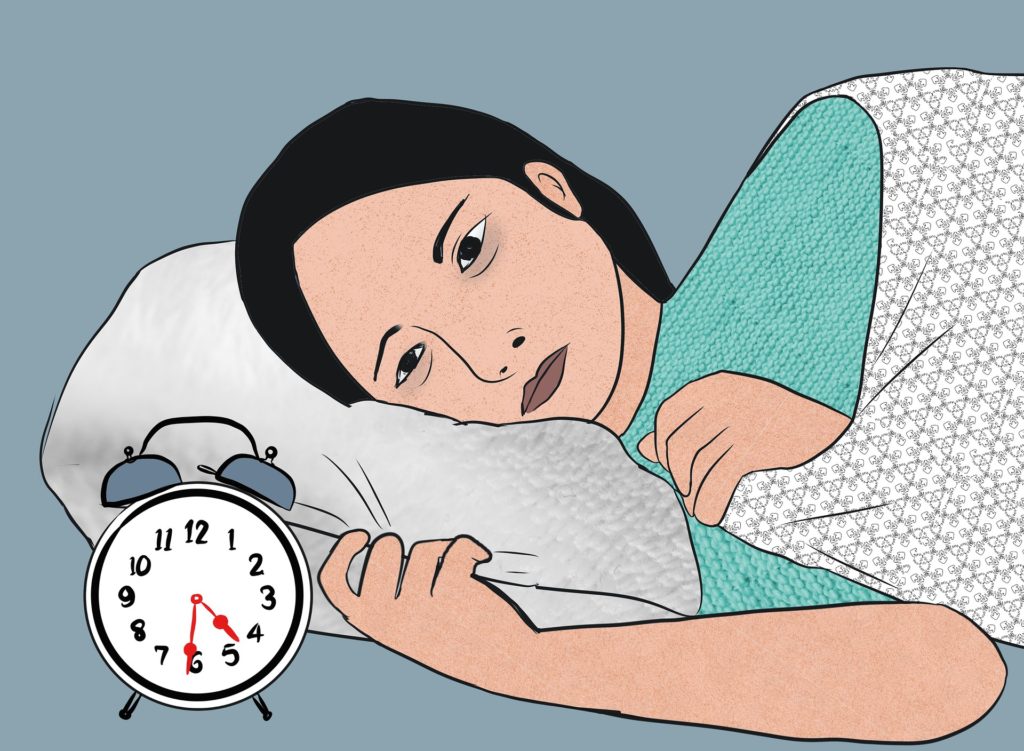
Service Member Sleep Disorders
A University of Texas Health Science Center at San Antonio study showed that from 2005-2019, insomnia diagnoses increased 45-fold, and sleep apnea 30-fold amongst US Military members. The research is based on searching for medical codes for insomnia and sleep apnea in the medical records of active duty Marines, Army, Air Force and Navy.
In the study, all branches saw sleep disorder increases, with the Army being the highest. The data also showed female service members as being diagnosed at much lower rates for both conditions than male service members. What is worrisome about this is insomnia is generally more prevalent in women, so it’s likely that female service members are being underdiagnosed and not treated seriously for this condition.
The overall data from both studies definitely calls attention to the need for more consideration and studies on sleep disorders in military members and veterans.
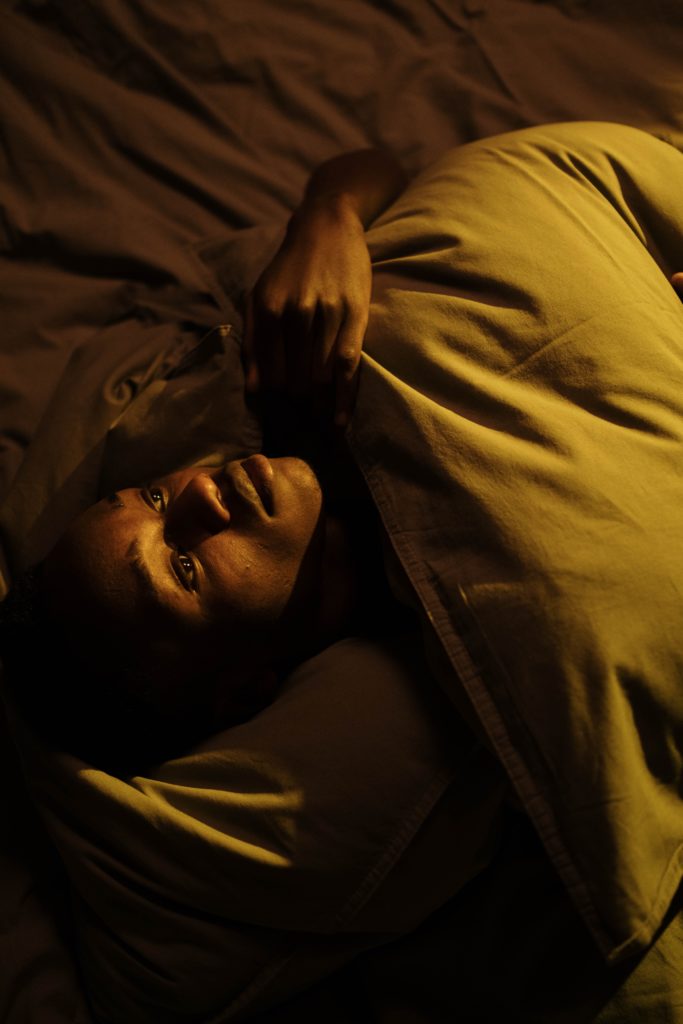
Your Service-Connected Ratings
You may be wondering if you are receiving your maximum benefit rating for sleep disorders or other issues. Use the button below for a free consultation with one of our experienced and compassionate team members. We will let you know if we are able to help you, and give you additional resources if not.
Click Here for Info on Your Free ConsultationWorking with Us
Atlas Benefit Consulting (ABC) is passionate about veterans getting what they have earned. When you choose to work with ABC, we will handle your file with expert attention and care. We know it’s hard to trust someone you don’t know; we’ve been there! It’s not worth sitting in silence or inactivity when it’s your benefits and compensation on the line. We believe in veterans being fully informed of their rights and able to make the best decision for themselves with that knowledge. You can check out some of our client testimonials on Google or Facebook- just click the buttons below!
Read our Google Reviews Here!
Connect with us in our Facebook Group
